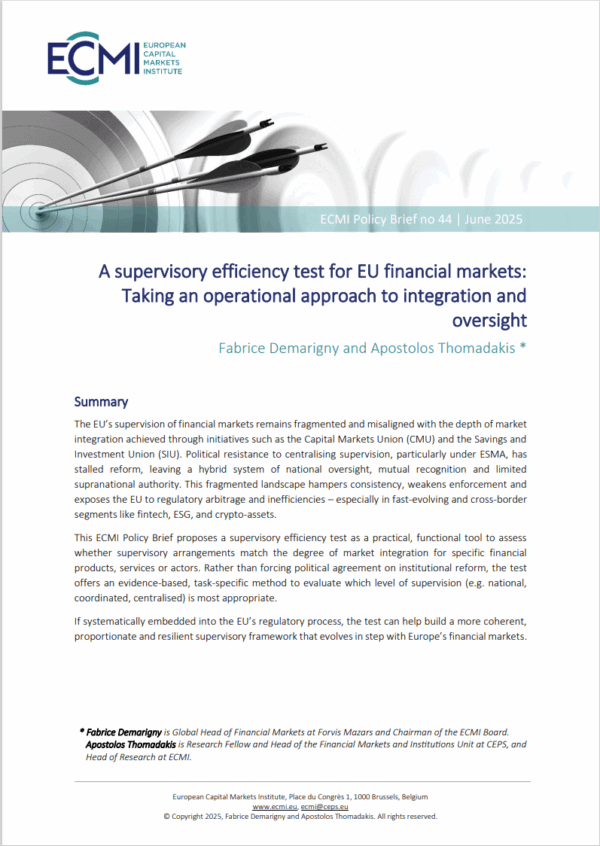Many advanced economies sell sovereign bonds at a yield below the risk-free rate plus a default risk premium, benefiting from strong demand for safe assets. The literature shows that this “convenience yield” premium diminishes with bond supply but has focused on individual economies in isolation. In this paper, we investigate how a country’s convenience yield is affected by changes in another country’s supply of sovereign bonds. We collect debt issuance announcements and exploit high-frequency market reactions as well as heteroskedasticity around these events to quantify spillover effects. We find robust evidence that an in-crease in German debt reduces convenience yields across the euro area. Spillovers to low-risk countries are nearly one-for-one while those to riskier countries are weaker. Additional evidence from France confirms this pattern. We develop a model with multiple sovereigns and heterogeneous credit risk that rationalizes our findings. Distinct but equally safe bonds are close substitutes to hedge against idiosyncratic income risk in recessions, explaining large spillovers, while risky bonds are poor substitutes. Our findings highlight a new source of fiscal spillovers among sovereign yields of low-risk countries.
This paper has received the Best Paper Award at the 2024 Annual Conference of the European Capital Markets Institute (ECMI). Financial support from ECMI is gratefully acknowledged.








